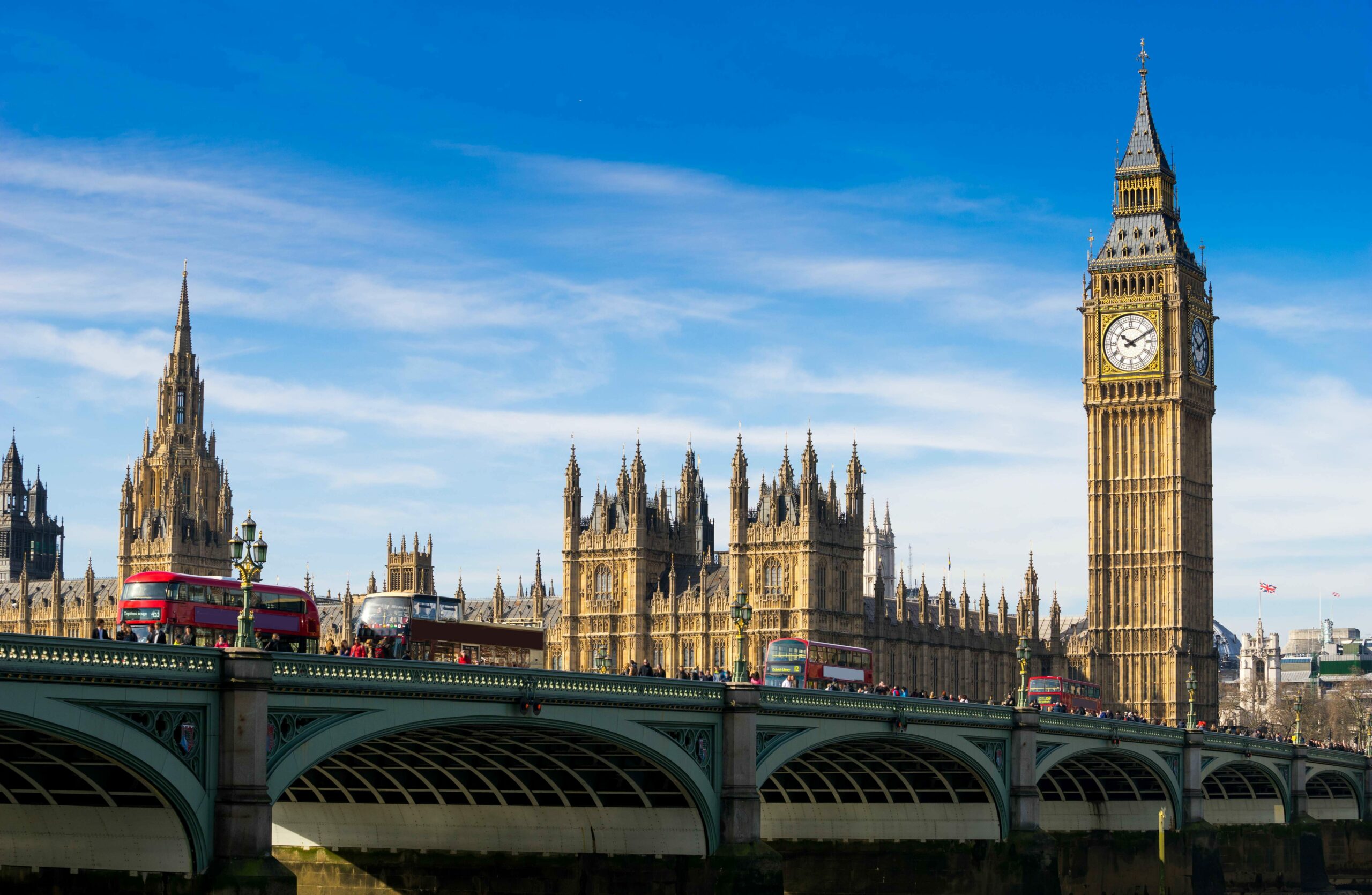The start of the long slog towards winter always makes me quite reflective, particularly as the 2023 Autumn Statement looms on the horizon.
During one of these reflections I worked out that, having started in tax back in 1999, I’ve commentated on just under 30 Budgets over the years, whether they be Mini Budgets, Emergency Budgets, or just your common or garden Budget or Autumn Statement.
And, as we approach the Chancellor’s 2023 Autumn Statement on 22 November, I will be doing it again – this year hosting a webinar the following morning that will provide a comprehensive breakdown of all the announcements and updates. It will include discussion on the implications for various sectors, as well as personal and business finance. You can reserve yourself a place on our webinar here.
The “Grey Man”
In my last Budget presentation, I described Jeremy Hunt as the “Grey Man”. And in characterising him as such, he seems to have played that role to perfection – a balance and confidence that worked to stabilise the economy after the Trussonomics (yes, that is a word!) of 2022. But the understated “grey” presence has continued over the last few months, despite significant pressure for him to reduce the tax burden on the Nation.
The issue, I think, is inflation – this has refused to fall as quickly as predicted and now stands at 6.7% rather than the anticipated 5.4%. Higher inflation means higher interest rates, coupled with the general uncertainty as to whether the Bank of England will need to step in once more with their stated policy of attacking inflation by increasing rates yet again.
To put this into perspective, it was anticipated that the Bank of England’s base rate would peak at around 4.25% before falling later this year. Instead, interest rates are at 5.25% and not expected to fall until mid-2024, and that’s only if inflation sorts itself out.
The increase in base rate wipes out any headroom for tax cuts or spending increases. Every extra percentage point on bank rates adds a further £7.5bn to government debt payments over a five-year period. Couple this with poor growth and the national debt is stuck at close to 100%. Our Grey Chancellor needs to meet his fiscal rules and is stuck between a rock and a hard place.
And then there is the political optic – normally a pre-election chancellor would be looking to boost the economy and spending to give people that mental boost in advance of an election. But in this case, we have a government that is perceived to be performing badly, and tax cuts for tax cuts sake would be seen as a cynical political bribe. Not to say it won’t happen next March though!
What can we look forward to?
- Tax cuts? Probably not, given all of the above, and indeed, Rishi Sunak almost said as much after his speech on Artificial Intelligence on 26 October.
- Abolition of Inheritance Tax? Definitely not (see election bribes above, and in any case it’s a big earner for the Government now). But there could quite possibly be a reforming of the rules so that everybody’s estate can be up to £1,000,000 before you pay IHT.
- Stamp duty for first-time buyers – possibly an increase in the threshold but more likely an extension and simplification of first-time buyer schemes such as the Mortgage Guarantee Scheme.
- Measures to counter tax avoidance – always a crowd pleaser.
- Measures to boost investment – can the Chancellor make the full expensing regime for capital allowances permanent?
Anything that is announced will be funded by the fiscal drag resulting from the freezing of thresholds until 2028 and the increased tax take that follows naturally from higher prices. So watch this space.
This material is for informational purposes only and should not be relied upon as professional advice.



